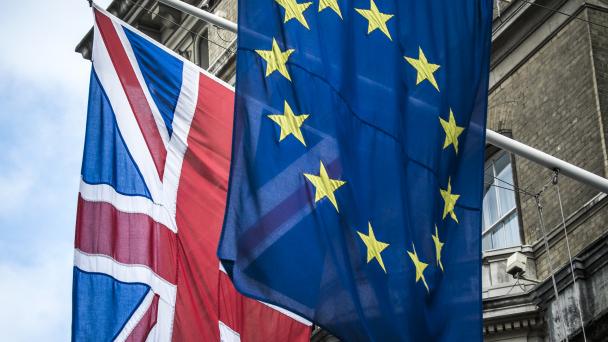Should Labour be questioning the economics of Brexit?

Even before the recent rise in support for the Reform party, significant questions about the future of Britain’s traditional pattern of two-party politics were raised by the outcome of the 2024 General Election. This is the key conclusion of new in-depth analysis of the health of Britain’s democracy, published today by the National Centre for Social Research (NatCen) in its latest British Social Attitudes (BSA) report.
The election failed to reverse record low levels of trust and confidence in how Britain is governed, confirming that the traditional bases of support for Conservative and Labour have either weakened or disappeared, and left a legacy of record low levels of support for the electoral system that has traditionally underpinned two-party politics.
Alex Scholes, Research Director at the National Centre for Social Research (NatCen), said: “The 2024 election highlighted significant challenges to Britain's traditional two-party system and the result has yet to restore public trust and confidence. With voter trust at an all-time low and a growing support for electoral reform, the political landscape is poised for potential transformation. Whether this will lead to substantive changes in how the country is governed remains to be seen.”
Receive a regular update, sent directly to your inbox, with a summary of our current events, research, blogs and comment.
Subscribe